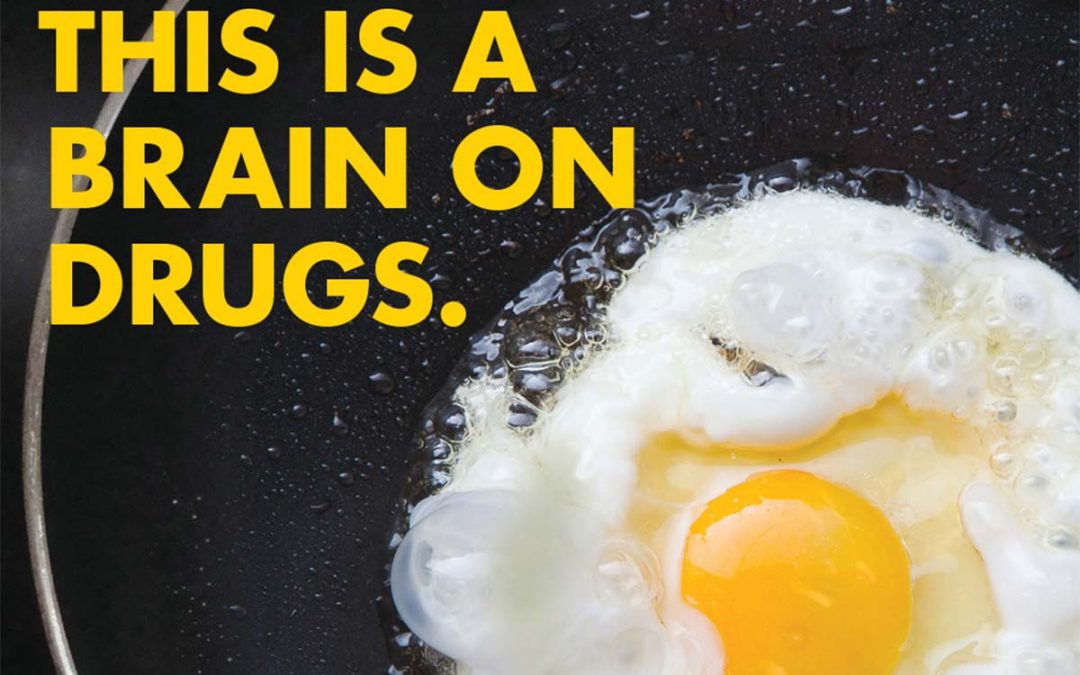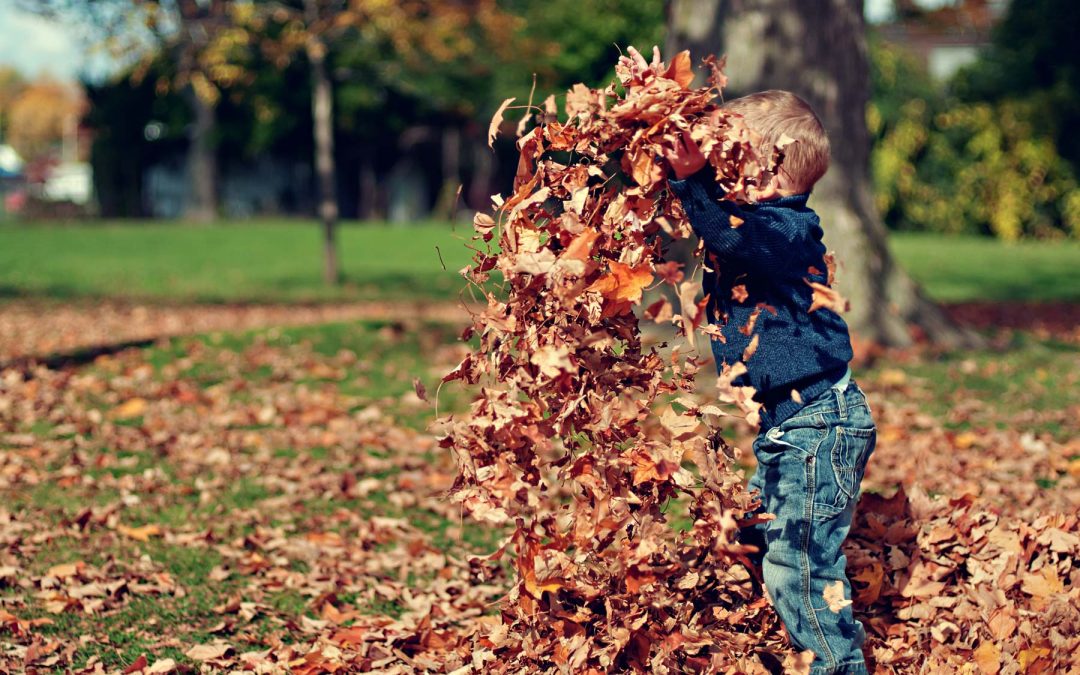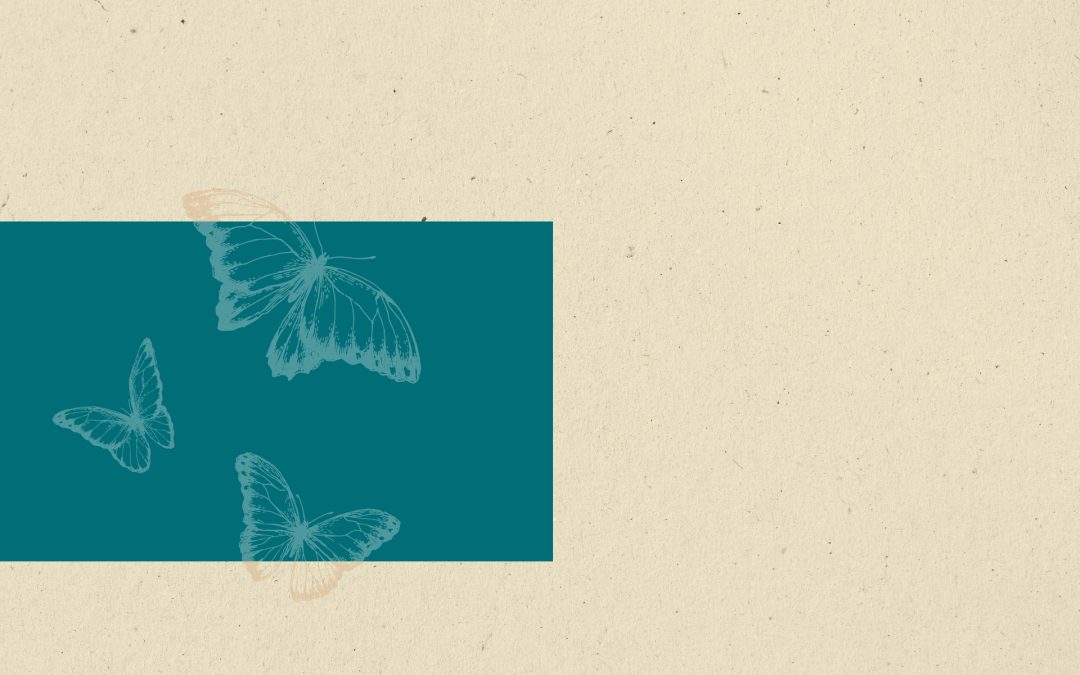Three tips for moving towards real safety in early recovery.
My oldest daughter and I went to a local indoor pool last week with five of my grandchildren in tow, the youngest was 2 and the oldest was 5. Since this would be our first time at a community pool, we came prepared with everything we needed to make it successful: extra treats, towels, water toys, life jackets and a change of clothes for everyone. On the way to the pool we let them know how much fun it would be and took the time to answer quite a few questions about this new experience.
When we walked in, the place looked fantastic for toddlers. A large shallow area with a big climbing structure, small slides and tunnels. The shallow water was only a few inches deep and a pretty light crowd helped my overly cautious daughter and I feel safe. The kids saw potential new friends everywhere as they watched the other toddlers happily playing in the pool. They began slowly and cautiously dipping their feet into the water. Soon they realized they could explore more and more of the space. At one point, one of my grandsons came up and said, “This is the best day EVER!!!” My daughter and I felt the same way! The kids were getting along without fighting, crying, or complaining and it was just a joy to watch them.
After we had been there for awhile, my daughter and I noticed the lifeguard walking around with her hand in the air with her fist closed. We questioned each other on what she was trying to communicate. We soon found out the answer. The large playground in the center began spraying water out from everywhere. It caught the immediate attention of our little band of five and they looked at the new situation with obvious curiosity and apprehension. The safety they had felt wasn’t completely gone but this new event was causing them to question it.
All of a sudden a bell blew three times and the giant (See picture.) barrel on the top of the play area began to slowly tip over. The cold water fell with an intensity that surely would have knocked over any small child standing under it. The crashing sound of this waterfall reverberated throughout the pool and suddenly a safe, happy place turned into a very unsafe, frightening place.
This event triggered a chain of events in my five little ones. They ran screaming from the pool. My little 2-year old grandson made it to the chair against the wall faster than his mom or I were able to back out of the water. He was stunned into silence with his big round eyes seemingly bigger and rounder. My 3- year old granddaughter and 4-year old grandson took off and barricaded themselves behind a wall. All of them watched with terror as their new-found fun place turned into a house of horrors.
One of my grandsons kept repeating, “Why would they do that to little kids?” While my granddaughter stopped every adult she could find and would pleadingly ask, “Hey, can you turn that off?” All of them wanted to get away from the pool area as fast as they could. My daughter and I attempted to reason with them for a short while, “It’s okay, we can play on the other side. We won’t let the water hurt you. Look those kids are still having fun. Mommy is right here….” There was no convincing. In their minds, that place was no longer safe and they frantically searched for the fastest exit they could find. We quickly gathered the large amount of supplies we had brought and left. As my grandchildren reported later, “It was the best day ever, until it turned into the worst day ever.” A new experience that they were told would be safe and, in fact, was safe for a short time, became unsafe to their inexperienced little brains.
It will take coaxing now for their mom and I to get them to go back to that pool or, likely, any other pool. We will have to take it slow and be patient. They will have to get back in the water before it feels safe to get back in the water. Eventually they will learn the good news that water parks can really be a fun, safe place to hang-out!
Recovery
When you first consider getting into recovery people will try to prepare you for the experience and answer any questions you have. They might show you the tools that you will need to be successful: LIFT groups, self-care, individual therapy, support calls, etc… Part of the explanation will undoubtedly focus on the benefits of learning recovery habits and beliefs. You may even be able to see others enjoying lives without addictions and have moments where you can see yourself enjoying a life of recovery. All of this combined with your desire for a life free from addiction might allow you to make the decision to move forward with recovery, even though it will feel unsafe initially to do so.
So, you go to your first LIFT group or talk to someone for your first time. You use a tool you have learned and it works. Maybe you sit down and write your first entry in a journal. Although early recovery activities feel foreign and awkward you start to see some benefits. Over time LIFT group night and phone calls begin to feel safe. You might realize that you made a phone call without over-thinking it and you noticed that you felt calmer and safer in your own skin because you made the call. Using healthy tools to create personal safety is a new way of doing things for an addict.
Then, it happens, your own personal, out of nowhere, waterfall. It could be a call with your group member where you didn’t feel heard. You might be blindsided by a trigger that you didn’t see coming at all. Maybe you have a day with a lot of wins in it and you come home to a spouse that is angry over a forgotten commitment. Whatever it is, it can scare you into believing you have to get out of recovery fast and, in your panic, you start your exit strategy. No amount of convincing seems to have the power to be able to keep you even in the shallow waters of recovery.
Slow down. Breathe. Breathe deeper. Call a group member and share with them your conviction that you can’t possibly go forward with recovery. Let them walk you through what to do now that you find yourself absolutely confused about what is safe and what is not. Recovery behaviors (attending LIFT, self-care, honesty, sharing, etc…) that you put in place won’t feel safe in this state of mind, do them anyway. Addict behaviors (lying, defensiveness, numbing out in your addiction, etc…) will feel safe, stay away from them.
It is important to understand that addiction is a brain disease. Your brain as an addict has become diseased because it has learned in pathological or sick ways to cope with life. Conversely, your brain has also unlearned many healthy ways of coping and behaving. Our brains operate under a “use it or lose it” directive. Because of this, your brain has over-used and strengthened unhealthy ways of thinking and patterns of behavior. It will take your brain time and practice to unlearn those unhealthy ways and learn how to live a healthy lifestyle.
Learning and Unlearning
Our brains learn differently than they unlearn. Neurons are strengthened when we learn and weakened when we unlearn. Two different chemicals are involved in each process. Both processes are necessary and important because if we only learned our neural networks would become saturated. For example, we make room in our brains for new memories by unlearning existing memories. This is the beauty of having brains that are plastic, they can change!
This unlearning happens at different developmental stages throughout our lives. I believe it also happens when we choose recovery. We have to unlearn thoughts, feelings, behaviors, beliefs. We have to unlearn what is safe and what is unsafe. It will take time and consistent effort to strengthen new neurons and weaken old connections.
Three Tips for Learning/Unlearning
1. Look for exceptions. Consider the emotion, behavior, feeling that you have that is associated with acting out. For example, you may believe that every time you are stressed, you act out. Look for times when you were stressed and you chose something healthy: talking to a friend, going for a walk, getting more sleep, changing your schedule, exercising, writing, etc… Focus on those times, closely observe what it felt like to choose a healthy alternative. Allow your brain to re-live those memories. Reminding yourself that you can make healthy choices that will build your confidence and weaken the neuronal connections that have learned to associate stress with acting out.
2. Practice Mindfulness. Your brain needs time to heal. One way the healing process can be helped is to learn how to explore your inner world and, in a healthy way, remove yourself from all of the distractions of the outside world. Start in the shallow water of mindfulness with simple exercises. For example, at every red light take long, deep breaths. Notice where you feel those breaths. Maybe in your nose, your chest, your throat, etc… As you get more comfortable with that exercise, then try a more challenging mindfulness activity. Again, once you get comfortable, try something a little more challenging. After enough time and practice, you will begin to feel more and more comfortable with your own inner state.
3. Choose Positive Learning Moments Back in 1961 a psychologist by the name of Albert Bandura conducted a famous experiment. Briefly stated, he divided children into two groups. One group would watch adults in a room full of toys beat-up a large plastic Bobo doll and one group would watch adults play calmly with all of the toys in the room. The children who saw the adults being aggressive with the Bobo doll were more likely to be aggressive with the doll when they were allowed in the room. The children that saw the adults playing calmly with the Bobo doll, also played calmly with the doll when they were allowed in the room. This landmark experiment introduced a new psychological model – people learn from observing other people’s behavior.
Be thoughtful and pro-active in what you observe throughout your day. Is your boss the kind of negotiator that you would like to be? How do they start the process? Do you admire a healthy couple? What do you notice about their interactions? Would you like to have the social ease that your neighbor has? What makes it look easy for him? What type of media are you exposing yourself to? Does it represent what you want in your relationships? Fill your day looking for people that are modeling the behavior or feelings that you would like to have more of in your life. Write those observations down. The more you observe and ponder on the healthy behaviors of others the less time you will have to focus on unhealthy behaviors.
As you learn the enormity of what is required to maintain long-term sobriety, you will feel, at times, that you have put yourself directly under a big barrel of water that continues to dump its contents on you. It will feel uncomfortable and you may feel like barricading yourself behind fantasy or denial. That’s why it is so important to have a strong support system for your first steps into the shallow water of recovery. Over time and with practice, you will learn how to dive into the deep end of the pool. Eventually you will learn that healthy, mature, honest relationships can be a really fun place to hang-out!








